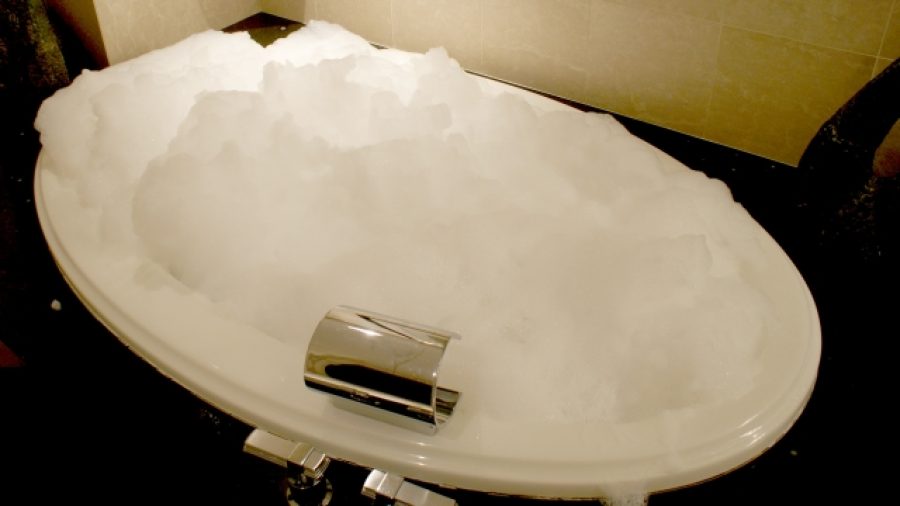Drawing the line between self-care and self-indulgence is a tricky proposition. How much time should you spend recharging before returning to the battle to help others? There is, it seems, no single right answer. We know that we need to care for ourselves, yet when we’re doing that, we’re not sharing our concern with the rest of the world.
The problem is one of debt. Not financial debt but a relational debt that we owe to ourselves. We can continue to give and give, but eventually we’ll end up consuming our reserves, and we’ll start to borrow from our future in terms of our physical or mental well-being. The debt service – the additional psychic cost – of being so depleted is debilitating. Protecting ourselves from getting into this psychic debt should be and remains a priority.
The kind of thing that can keep us from psychic debt is an appropriate amount of self-care. But what separates self-care from self-indulgence? The short answer is the long-term impact. Consider for a moment the idea of binge-watching your newest obsession with a television series. It will likely be enjoyable and feel good for the moment, but, in most cases, it will bring no lasting joy, nor will it make you feel particularly refreshed. As a result, it would fall under the category of self-indulgence.
It’s important to pause here and say that self-indulgence is necessary in appropriate amounts, just like food is necessary for our body – but it can be overdone, leading to obesity. We need to accept that we can’t be “on” all the time. We need to accept that there are times when self-indulgence is the right thing. The key, however, is to not confuse the occasional self-indulgence with self-care.
Self-care leaves us with the residue of long-lasting benefits. Each time we perform self-care, we develop a deeper understanding of ourselves or the world or the way we want to transform ourselves or the world. Self-care makes the demands that we face in the future a bit lighter and strengthens our inner fortitude so that we can go out in the world and help others with bigger loads for longer.
Self-care might look like meditation, exercise, a contemplative walk in the woods, or a myriad of other things that build our long-term capacity to be ourselves, accept ourselves and our world, and, ultimately, sustain ourselves for longer. Instead of a psychic debt, we build a psychic storehouse that’s stocked with the energy we need to persevere through long periods of intense load.
So, in the end, the difference between self-indulgence and self-care is simple: long-term impact. The only complication is that sometimes that self-indulgence is self-care. Sometimes you have to accept that the decision to allow yourself some self-indulgence is in itself developing a greater sense of acceptance and love for who you are and your need to be human – as long as the self-indulgence doesn’t go too far.


No comment yet, add your voice below!